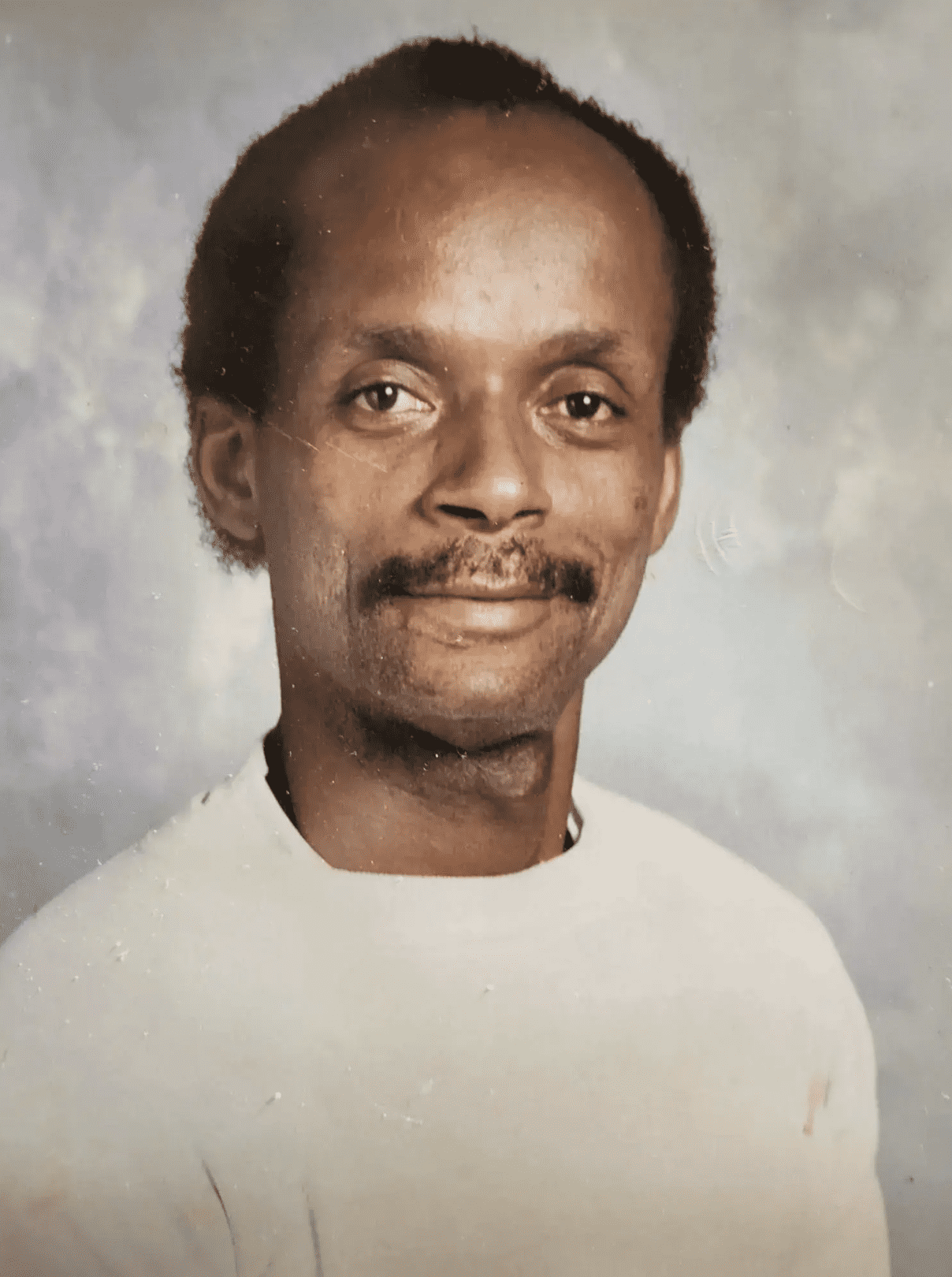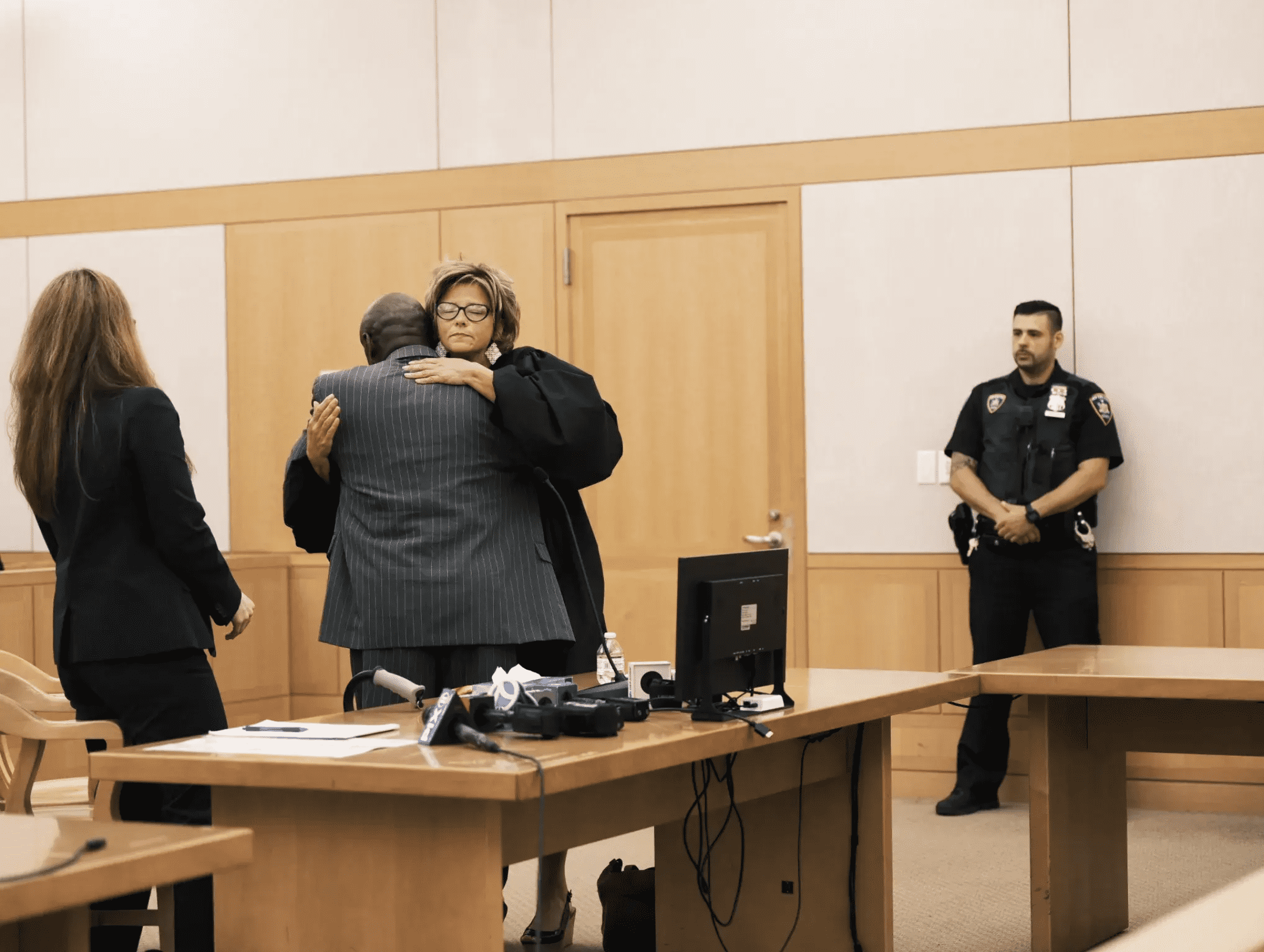DNA test exonerates wrongfully accused Leonard Mack 47 years after his conviction in rape trial

CHARLESTON, SOUTH CAROLINA: A man who had been wrongfully convicted of raping a Westchester County teenage girl nearly five decades ago was finally exonerated on Tuesday, September 5.
The emotional hearing, which took place on his 72nd birthday, saw the presiding judge, State Supreme Court Judge Anne E Minihan, embracing Leonard Mack, now a South Carolina resident, as she overturned his 1976 conviction.
This exoneration comes as a result of groundbreaking DNA evidence, marking it as the longest wrongful conviction in American history to be overturned in this manner, according to the Innocence Project.
Leonard Mack's wrongful conviction
Leonard Mack had endured over seven years of imprisonment for a crime he did not commit.
Originally found guilty of raping a teenage girl and attempting to rape another, his life took a tragic turn on May 22, 1975, when two high school students were horrifically assaulted in the town of Greenburgh.
The girls were forced at gunpoint into the woods, where they were bound, blindfolded, and silenced before the attacker subjected one of them to two rapes and attempted to assault the other victim too.

Mack's arrest occurred shortly after the crime due to his fitting the description of the suspect — a black man wearing an earring and hat.
Despite presenting alibi witnesses during his trial, he was convicted by a jury of first-degree rape and criminal possession of a weapon in the second degree.
Mack, a Vietnam War veteran, did not give up the fight for his innocence. He attempted to challenge his conviction multiple times during the 1980s, but his efforts were met with resistance from the Westchester District Attorney's Office and rejection by the courts.
The struggle to clear his name continued for almost five decades.
Leonard Mack is 'finally free'
In a press release from the Innocence Project, Mack expressed his relief and gratitude: "Today has been a long time coming. I lost seven-and-a-half years of my life in prison for a crime I did not commit, and I have lived with this injustice hanging over my head for almost 50 years."
"It has been a long fight. Nobody knows what I went through except God and myself," Mack said. “It changed the course of my life — everything from where I lived to my relationship with my family. I never lost hope that one day that I would be proven innocent. Now the truth has come to light and I can finally breathe. I am finally free," he gushed.
Mack's journey to justice was marked by personal hardship and loss. He expressed his heartbreak that his mother and sister did not live to witness his declaration of innocence.
Still, he expressed profound gratitude for the tireless work of The Innocence Project and the DA's office in reviewing his case and ultimately clearing his name.
Judge Minihan, who presided over the exoneration hearing, told Mack that it was the honor of her career to vacate his conviction.
"This is your day. You've waited much too long for it," she assured him. "In what we do, the stakes are very high, and it's important to get it right." She left her bench to embrace Mack, a touching moment captured in a photograph by the Innocence Project.

The emotional courtroom scenes also included images of Mack wiping away tears and raising his hand as he walked out of the government building, marking the end of a decades-long ordeal.
Leonard Mack's path to exoneration
Susan Friedman, a senior staff attorney at the Innocence Project who represented Mack, shed light on the case's troubling aspects. "Considering the unreliability of the witness identifications and the forensic evidence, the State's decision to continue the prosecution instead of reopening the investigation demonstrates the power of tunnel vision and the role that racial bias plays in the criminal legal system," she told CBS News.
The path to Mack's exoneration began in 2022 when the Innocence Project approached the district attorney's office for assistance.
Modern DNA testing on the victim's underwear cuttings conclusively proved Mack's innocence, leading to the identification of a habitual sexual offender through a DNA database hit.
This offender confessed to the rape but remained unidentified by prosecutors due to the statute of limitations on the old case.
Disturbingly, this same offender had previously been linked to a 1975 rape in Queens, just two weeks after the Greenburgh rape, as well as another 2004 sex crime in the Westchester town.
He is currently in custody, facing prosecution for failing to register as a sex offender connected to the 2004 crime, according to the New York Post.










